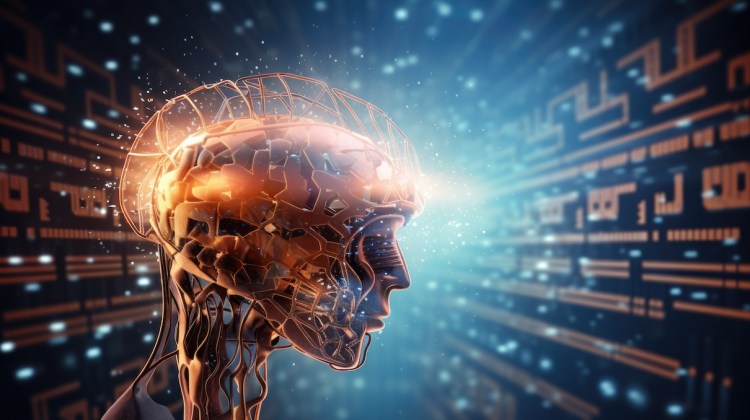Presented by Zscaler
In 2023, ChatGPT sparked a technological revolution by introducing simple interactive AI agents. These agents quickly became proficient in indexing documents, connecting to data sources, and even performing data analysis with just a simple sentence. However, despite the initial hype, many of the promises made by individuals last year to deliver large language models (LLMs) were left unfulfilled.
In this article, we’ll explore the pivotal role of AI agents in linking LLMs with backend systems. Additionally, we’ll delve into why AI agents are emerging as the next generation of user interface and user experience (UI/UX). Lastly, we’ll address the importance of reintroducing software engineering principles that have been overlooked in recent times.
More Intuitive UI/UX with LLMs
LLMs offer a more intuitive and streamlined UI/UX compared to traditional point-and-click interactions. For instance, let’s consider the scenario of ordering a “gourmet margherita pizza delivered in 20 minutes” through a delivery app. Using normal UI/UX, this seemingly simple request could require multiple complex interactions and take several minutes. However, with LLMs like GPT-3, which excel in natural language processing (NLP) and generating coherent responses, the process becomes much simpler and faster.
“LLMs like GPT-3 have demonstrated exceptional abilities in natural language processing (NLP) and generating coherent, relevant responses.” – Claudionor N. Coelho Jr., Chief AI Officer at Zscaler
Complexity and Integration with AI Agents
Connecting external data sources, algorithms, and specialized interfaces to an LLM enhances its flexibility and analysis capabilities. This integration even opens the door to tasks that were previously not possible with existing LLMs. However, creating LLM-based interfaces can be highly complex. For instance, even a simple request like ordering a pizza necessitates connecting multiple systems, such as restaurant databases, inventory management, and delivery tracking, to fulfill the order.
“LLMs serve as the foundation for AI agents. They leverage LLMs in combination with various auxiliary components to respond to a diverse range of queries.” – Sree Koratala, VP, Product Management, Platform Initiatives at Zscaler
LLMs alone cannot handle all these complexities. Instead, they serve as the foundation on which AI agents are built. AI agents leverage LLMs alongside integral auxiliary components to provide robust and versatile responses.
To ensure a seamless experience for diverse requests, AI agents require extensive integration with various systems and interfaces. This flexibility is essential to meet the evolving demands and expectations of users.
The Importance of Software Engineering Principles
LLMs have brought about the need for revisiting software engineering principles that seem to have been forgotten during the rush to adopt these models. One key principle highlighted by Fred Brooks in his book “The Mythical Man-Month” is that there is no singular development that can eliminate the need for proper software engineering practices, including LLMs.
No silver bullet. No singular development will eliminate the need for proper software engineering practices. Not even LLMs.
Another often overlooked principle is the importance of manual and formal documentations. It is not enough to provide vague instructions and expect LLMs to magically connect to backend systems and visualize data without proper specifications.
“Things like” seems to have become a norm in LLM software development, as if an LLM can magically connect to backend systems and visualize data it has never learned to understand.
Ensuring the effectiveness of LLM-based AI agents necessitates the establishment of proper data organization and writing methodologies. Additionally, well-written documentation is crucial for LLM-based systems. High-quality text, including copyrighted works, is essential for training these models effectively.
Building intelligent AI systems based on LLMs requires recognizing that these are complex software engineering systems. It is essential to specify and test such systems properly, considering the increased complexity brought by LLMs.
“In order to realize the promises of LLM-based intelligent systems, we must acknowledge that we are building complex software engineering systems, not prototypes.” – Claudionor N. Coelho Jr., Chief AI Officer at Zscaler
Furthermore, data should be treated as a first-class citizen in these intelligent systems, as they are more susceptible to the impacts of bad data compared to other systems.
For a more comprehensive version of this article, please visit the Zscaler blog.
Claudionor N. Coelho Jr. is the Chief AI Officer at Zscaler. Sree Koratala is the VP, Product Management, Platform Initiatives at Zscaler.










